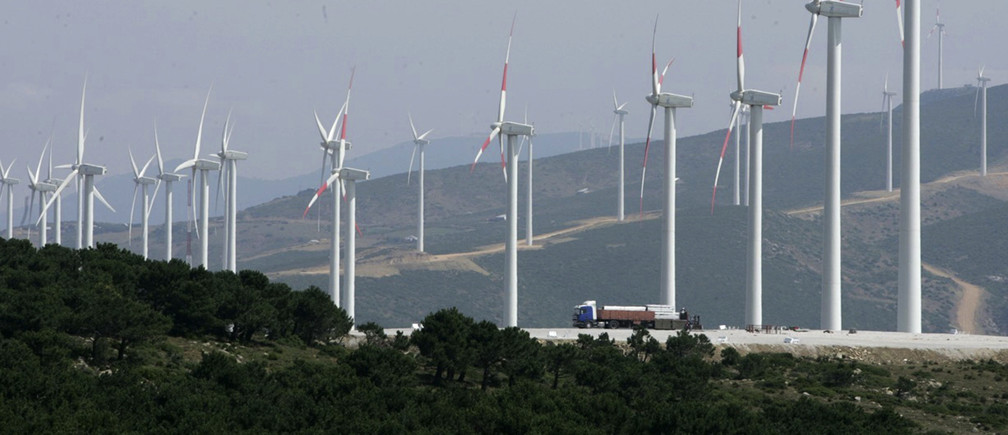Pathways toward improved regional cooperation in the Middle East are rarely smooth, and the road towards environmental and climate action is no exception. Rarely benefiting from high-level political attention or a surplus of resources, environmental issues have been too easily pushed to the sidelines due to other regional priorities. However, a recent series of dire climate change reports and effects have helped reverse this trend, with new threats emerging to economic progress and regional stability. The current common environmental challenges – such as climate change – faced by regional states present opportunities for improved policymaking and closer cooperation at regional and sub-regional levels in the Arab world.
The Intergovernmental Panel on Climate Change (IPCC) says the 1.5˚C goal is technically and economically feasible, but depends on political leadership to become reality. While different parts of the MENA region are vulnerable to threats, climate change obviously does not respect national boundaries – and countries in the region are facing several similar threats. Implementing adaptation and mitigation measures, where possible, will simply not be viable if each country follows a purely domestic approach.
The potential benefits would very likely be neutralised by a lack of alignment between similarly affected countries. While dealing with climate change itself is unquestionably a global responsibility, anticipating its consequences for the Arab region and dealing with them will be rendered much more effective with regional cooperation.

